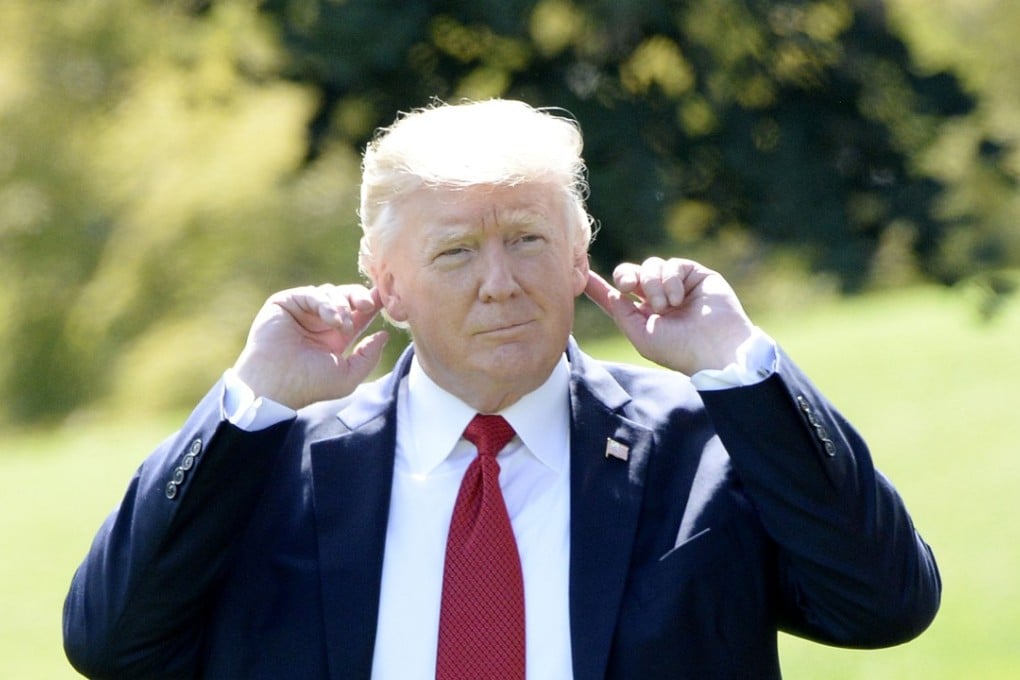This is an edited excerpt of an interview with Singapore’s ambassador at large, Bilahari Kausikan, by the international affairs magazine Global Brief. Bilahari served as the permanent secretary of the Lion City’s foreign ministry from 2010 to 2013. He has held various senior positions in the ministry, including as the city state’s permanent representative in the United Nations and ambassador to Russia. The original article can be found here. ON NORTH KOREA
Question: How should we understand China’s position on the North Korean crisis?
Bilahari: First of all, we should understand China’s bottom line position on
North Korea. The Chinese and the North Koreans have never loved each other, and mutual distrust has grown under
Kim Jong-un, whose aggressive pursuit of an intercontinental ballistic missile capable of delivering a nuclear weapon to the continental US has diminished Chinese security – for example, through the deployment of the Terminal High-Altitude Air Defence (THAAD) system in South Korea.
Still, North Korea poses a dilemma to which Beijing has no solution. Although Beijing has economic leverage over North Korea, it cannot deploy that leverage to the extent that there is a risk the regime in Pyongyang will collapse.
WATCH: US versus North Korea: Beijing residents have their say
But to stop
North Korea’s nuclear weapon and missile programmes will certainly require pressures of that magnitude. Pyongyang considers its nuclear weapon and missile programmes to be existential in nature – vital and irreplaceable requirements of regime survival.
Since what is at stake for Pyongyang is regime survival, no sub-existential pressures will dissuade North Korea from pursuing such programmes – that is, every other cost that could be imposed by China or anyone else is necessarily a lesser cost.
How can the
Chinese Communist Party (CCP), at a time when it is already feeling internally insecure for a variety of reasons (including because of the cadre shake-up caused by
Xi Jinping’s anti-corruption campaign), be complicit in the regime change of a fellow Leninist state?
There are, after all, only five Leninist states left in the world – China, North Korea, Vietnam, Cuba and Laos. If the CCP is seen to be complicit in the destruction of a fellow Leninist state, that could – and indeed probably will – give the Chinese people very bad ideas about their own system.

